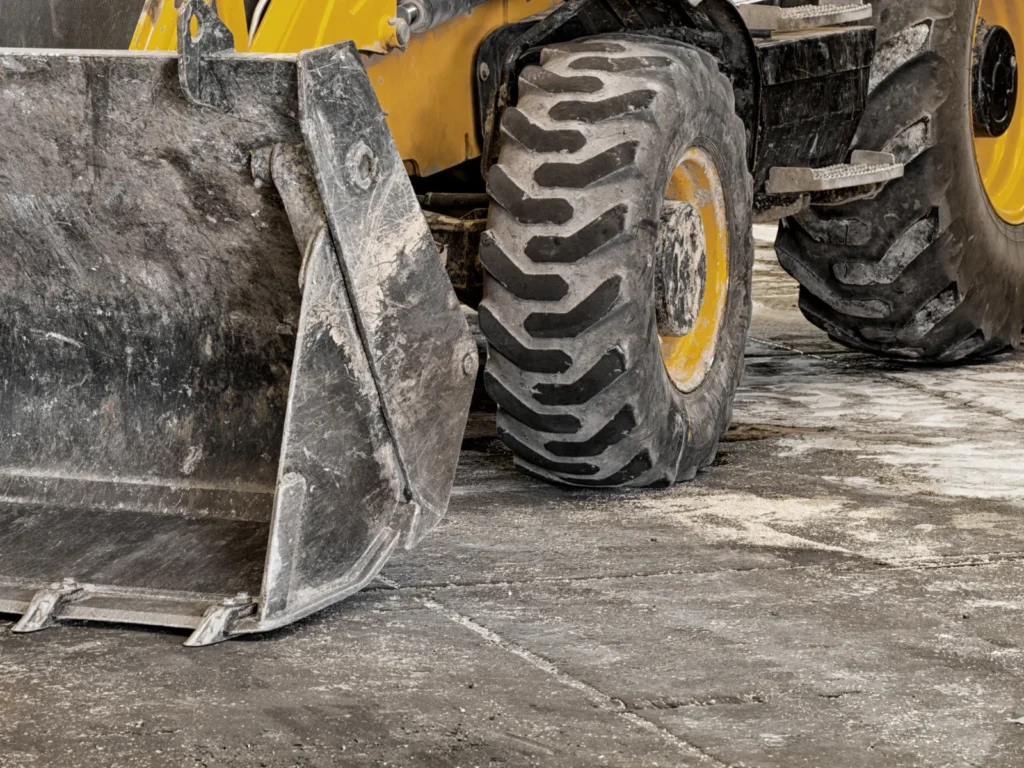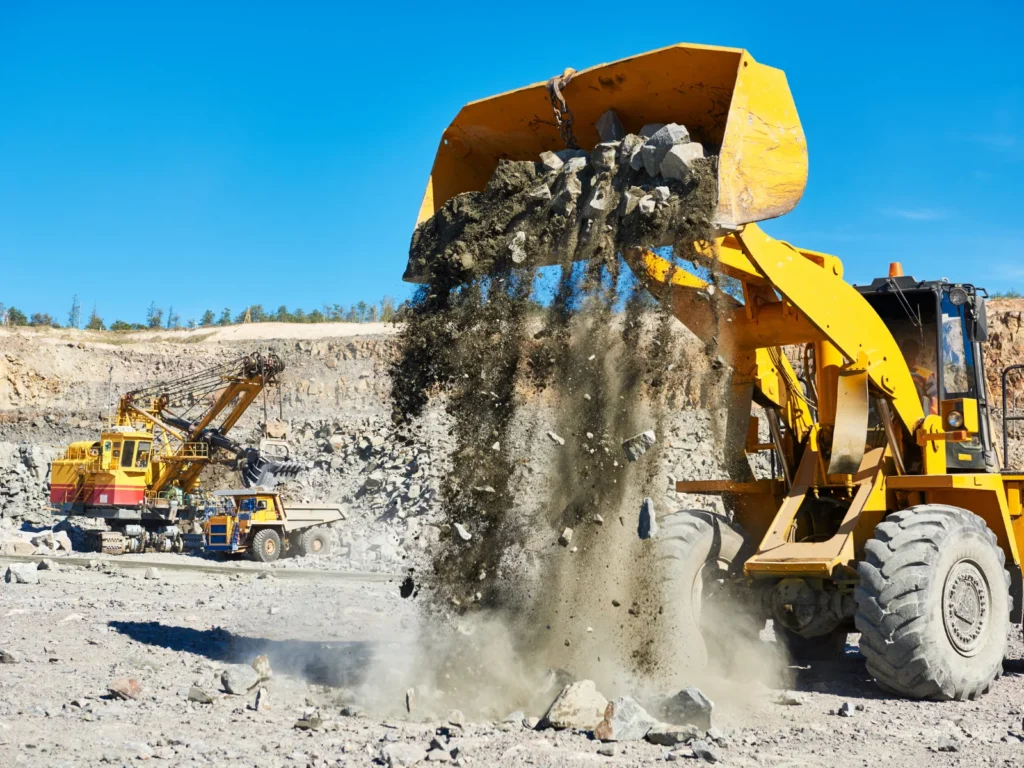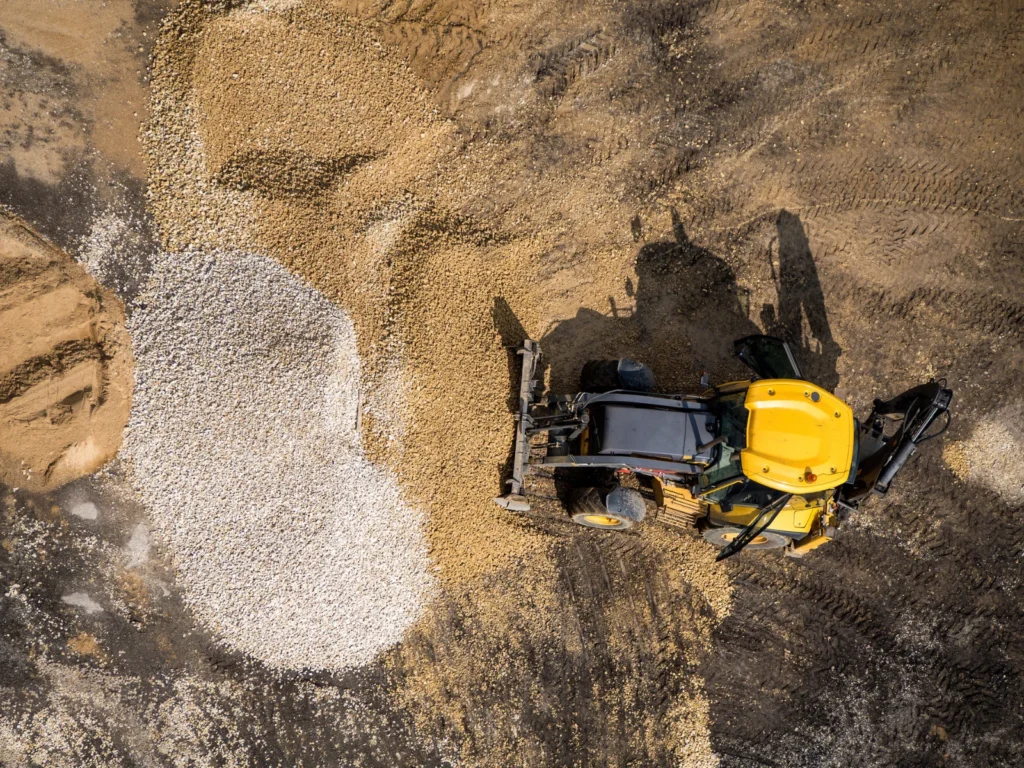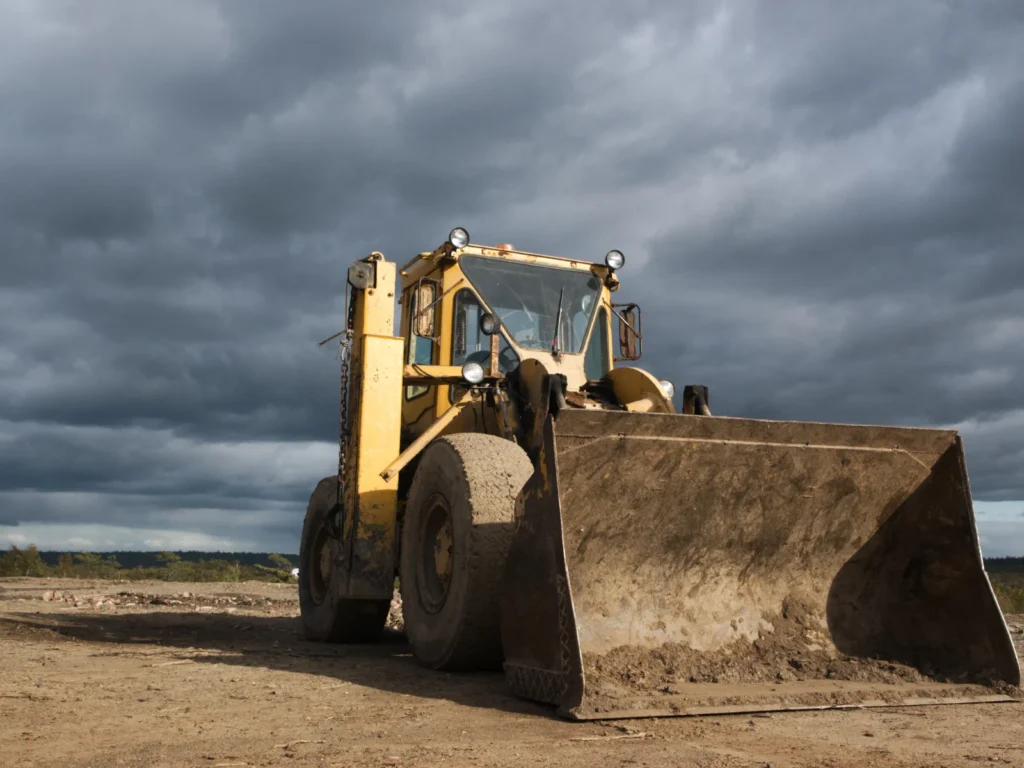Wheel loaders, essential in construction, mining, and agriculture, significantly enhance material handling efficiency. These machines are a major investment, and their prices vary based on several factors. It’s vital for buyers and industry insiders to grasp these elements to make informed purchasing decisions.This piece sheds light on the principal aspects that influence wheel loader for sale prices, from performance characteristics to brand reputation. Our objective is to equip potential buyers with the knowledge to select a wheel loader that meets their needs and budget constraints effectively.

Equipment Specs and Performance Influencing Wheel Loader Price
Size and Capacity
The selection of wheel loaders with the appropriate size and bucket capacity is a pivotal decision that directly impacts the efficiency and financial aspects of construction, mining, or agricultural projects. The size of a wheel loader determines its ability to navigate and operate within specific project environments, while the bucket capacity is crucial for determining how much material can be moved in a single operation. Larger wheel loaders, equipped with substantial bucket capacities, are engineered to manage and transport larger volumes of materials. This capability makes them indispensable for major construction projects or extensive mining operations where the movement of vast amounts of earth or material is required. However, the enhanced capabilities and larger scale of these machines mean they are more expensive, not just in terms of initial purchase price but also considering the operational and maintenance costs associated with their size.
On the other hand, compact wheel loaders present a more cost-effective solution for projects with less demanding material handling needs or in environments where space is at a premium. These smaller models offer agility and efficiency, allowing for easier maneuvering in tight spaces and reducing fuel consumption compared to their larger counterparts. The affordability of compact loaders extends beyond the purchase price, as they typically incur lower maintenance and operational costs. The critical consideration in selecting the right size and capacity involves a thorough analysis of project requirements, including the volume of material to be moved, the spatial constraints of the job site, and the balance between upfront costs and long-term operational efficiency.
Engine Power and Efficiency
The engine’s power and efficiency are fundamental characteristics that influence the performance and environmental footprint of wheel loaders. High-efficiency engines with advanced lower emissions technology are becoming a standard requirement, driven by stringent environmental regulations and a growing commitment to sustainability within the industry. These engines are designed to provide optimal performance while minimizing fuel consumption and reducing emissions of harmful pollutants. The adoption of such technology, while elevating the initial cost of wheel loaders, substantially decreases operational expenses over the machine’s lifespan. Improved fuel efficiency means less fuel is needed for the same amount of work, leading to direct cost savings in fuel expenses. Furthermore, lower emissions contribute to a smaller environmental impact, potentially reducing fees associated with environmental compliance and enhancing the company’s reputation for sustainability.

Moreover, investing in wheel loaders with high-efficiency, low-emission engines supports long-term operational sustainability. It prepares businesses for future regulatory changes that may impose stricter controls on emissions and encourages a shift towards more eco-friendly construction, mining, and agricultural practices. Although the upfront cost is higher, the benefits of reduced fuel consumption, lower emissions, and compliance with environmental standards make these machines a wise investment. Decision-makers must weigh the initial investment against the potential savings and environmental benefits to make an informed choice that aligns with their operational goals and values.
Technology and Innovative Features Influencing Wheel Loader Price
Advanced Technology
The integration of advanced technologies such as GPS, automation, and telematics systems into wheel loaders has revolutionized how these machines operate, significantly enhancing operational efficiency and safety. GPS technology enables precise positioning and navigation, reducing time spent on tasks and minimizing material wastage. Automation features allow for more consistent and efficient operation, potentially reducing the need for manual intervention and the likelihood of human error. Telematics systems provide real-time data on machine performance and health, facilitating proactive maintenance and minimizing downtime. While these technological advancements contribute to a substantial increase in the initial investment cost of wheel loaders, they offer considerable long-term savings through improved efficiency, reduced operational costs, and enhanced machine longevity.
Safety and Comfort Improvements
Safety features such as reverse cameras and automatic alarm systems have become essential in modern wheel loaders, significantly reducing the risk of accidents on the worksite. These systems enhance the operator’s awareness of their surroundings, leading to safer maneuvering and operation. Comfort enhancements, including heated seats and automatic climate control, improve the operator’s working conditions, potentially increasing productivity by reducing fatigue and stress. The addition of these safety and comfort features inevitably impacts the price of wheel loaders, reflecting the increased manufacturing costs. However, the investment in these features is justified by the benefits of improved safety, operator satisfaction, and productivity, which can lead to decreased operational costs and increased profitability in the long run.
Market Factors Influencing Wheel Loader Price
Supply and Demand Dynamics
Wheel loader prices fluctuate with market demand, particularly within the construction sector. High demand during economic booms or significant infrastructure projects can drive prices up, while downturns may lead to lower prices to encourage sales. Timing purchases to coincide with lower demand periods can result in significant savings for buyers.
Regional Variations
Prices of wheel loaders also vary by region, influenced by local environmental regulations and operational requirements. Models equipped with advanced emission control technologies may be pricier in areas with strict environmental standards. Meanwhile, regional conditions like terrain and climate can dictate specific performance features, impacting price. Buyers must consider these regional differences to make informed decisions that suit their needs and comply with local regulations.

Brand and Manufacturer Influence on Wheel Loader Price
Brand Impact
The brand of a wheel loader significantly impacts its price, with reputable brands often commanding a premium. This premium is attributed to the perceived value of reliability, durability, and superior customer service associated with well-established brands. A wheel loader from a reputable brand is expected to offer consistent performance over its lifespan, reducing the frequency and severity of mechanical failures. Durability ensures that the machine withstands the rigors of heavy use in challenging environments, while excellent customer service provides the assurance of support in maintenance and operational troubleshooting. These factors contribute to a higher initial purchase price but are considered investments in long-term efficiency and reduced downtime, ultimately influencing the total cost of ownership and operational productivity.
After-sales Service and Warranty
Comprehensive after-sales service and warranty terms are crucial factors that add long-term value to wheel loader purchases, potentially influencing the initial cost. A robust warranty serves as a promise of quality and reliability, offering protection against defects and malfunctions. Meanwhile, comprehensive after-sales service ensures that the wheel loader remains in optimal operating condition, with regular maintenance and timely repairs. Manufacturers that provide extensive after-sales support and favorable warranty conditions are often able to justify higher prices for their wheel loaders. These services not only mitigate unforeseen operational costs for the buyer but also reinforce the machine’s value proposition by ensuring its longevity and reliability. Investing in a wheel loader from a brand that offers solid after-sales service and warranty can result in significant savings on maintenance and repairs, enhancing the overall return on investment.
Impact of Attachments and Customization on Wheel Loader Price

The inclusion of various attachments and customization options significantly increases the versatility and efficiency of wheel loaders, allowing them to perform a wider array of tasks across different environments. While these enhancements lead to a higher initial purchase price due to added functionality and adaptability, they represent a valuable investment. By enabling wheel loaders to tackle diverse operational challenges more effectively, attachments and customizations reduce the necessity for multiple specialized machines, thus justifying the upfront cost with improved long-term operational productivity and efficiency. Essentially, the added cost of these features is offset by the substantial value they bring in expanding the loader’s application range and optimizing performance over its lifespan.
Wheel Loader Pricing: Key Factors for Informed Decisions
The price of wheel loaders is determined by several critical factors: brand reputation, equipment specifications, technological innovation, market dynamics, and customization options. Understanding these elements is vital for buyers to ensure an informed purchase. High-quality brands often imply a premium, reflecting their reliability and after-sales support. Specifications and performance directly impact the loader’s capability and efficiency in specific tasks, influencing its value. Technological features like GPS and telematics enhance operation but at an added cost. Market trends and regional demands can fluctuate, affecting prices, while attachments and customizations offer task-specific versatility but increase the initial investment. Buyers should weigh these factors against their operational needs and budget, prioritizing features that maximize productivity and operational cost savings, to secure a wheel loader that offers the best return on investment.
Wheel Loader Price: Answers to Common Questions
Compact wheel loaders start at around $30,000 while standard and articulated wheel loaders can cost upwards of $100,000.
The major advantage of a wheeled loader, also known as a wheel loader or front-end loader, is its versatility and efficiency in handling a wide range of materials and tasks in various industries. Wheeled loaders are commonly used in construction, mining, agriculture, forestry, and other heavy-duty applications.
Changing Oil and Filters: Regularly change engine oil, hydraulic fluid, and filters according to the manufacturer’s recommendations. Bucket and Linkage Inspection: Examine the bucket, cutting edge, and linkage components for wear, damage, or misalignment.
On average, loader / dozer tires will last 4,000-10,000 hours. Keep in mind that surface conditions, driver behavior and ambient temperature of the worksite can all influence the wear on tires.
.webp)

.webp)
.webp)
